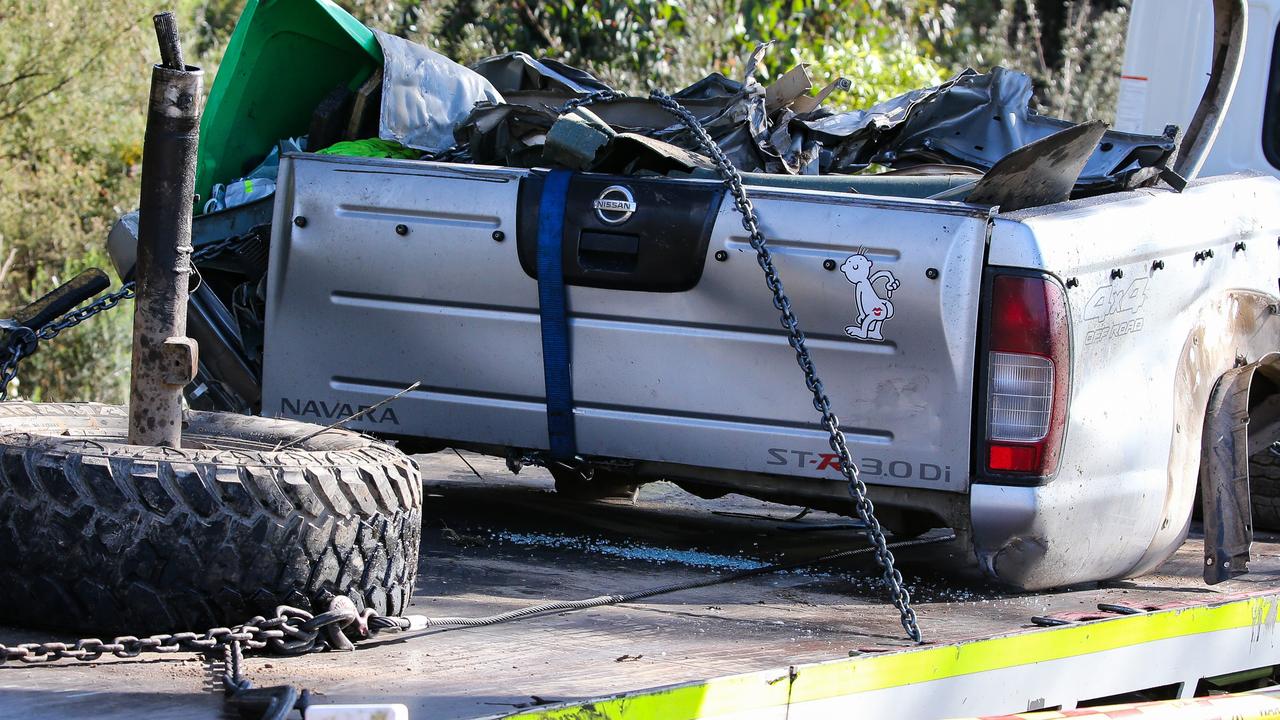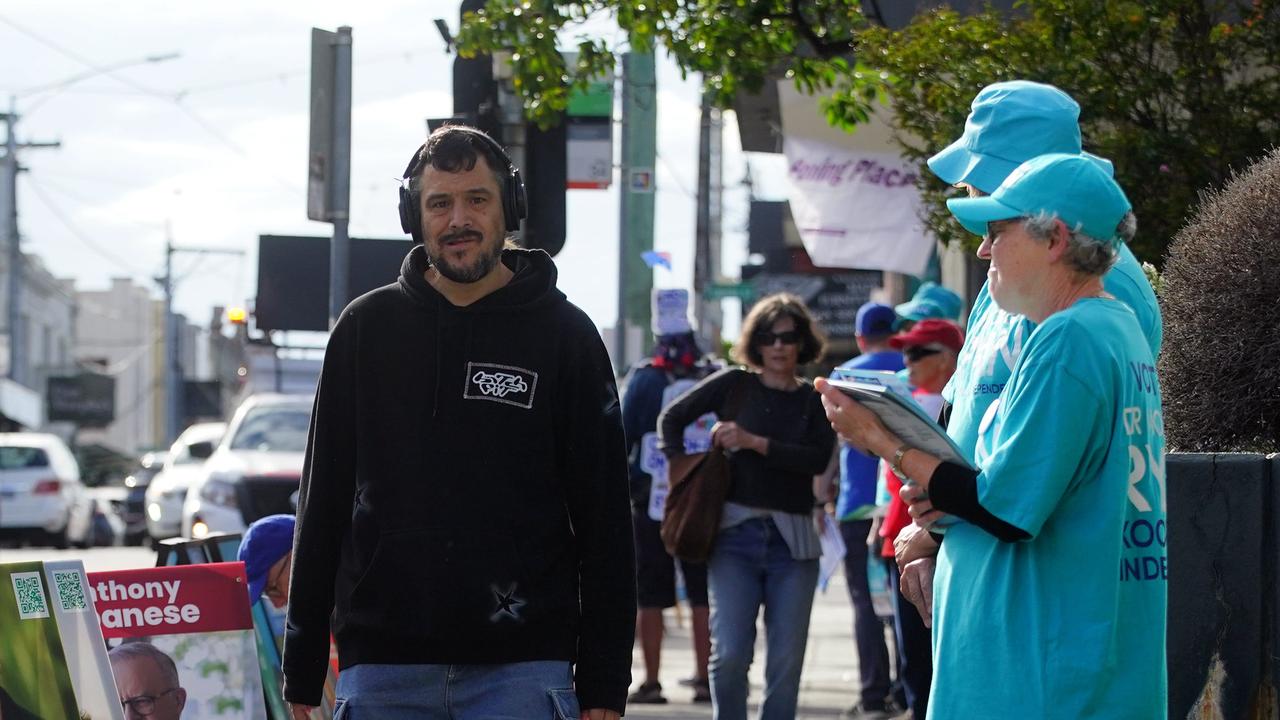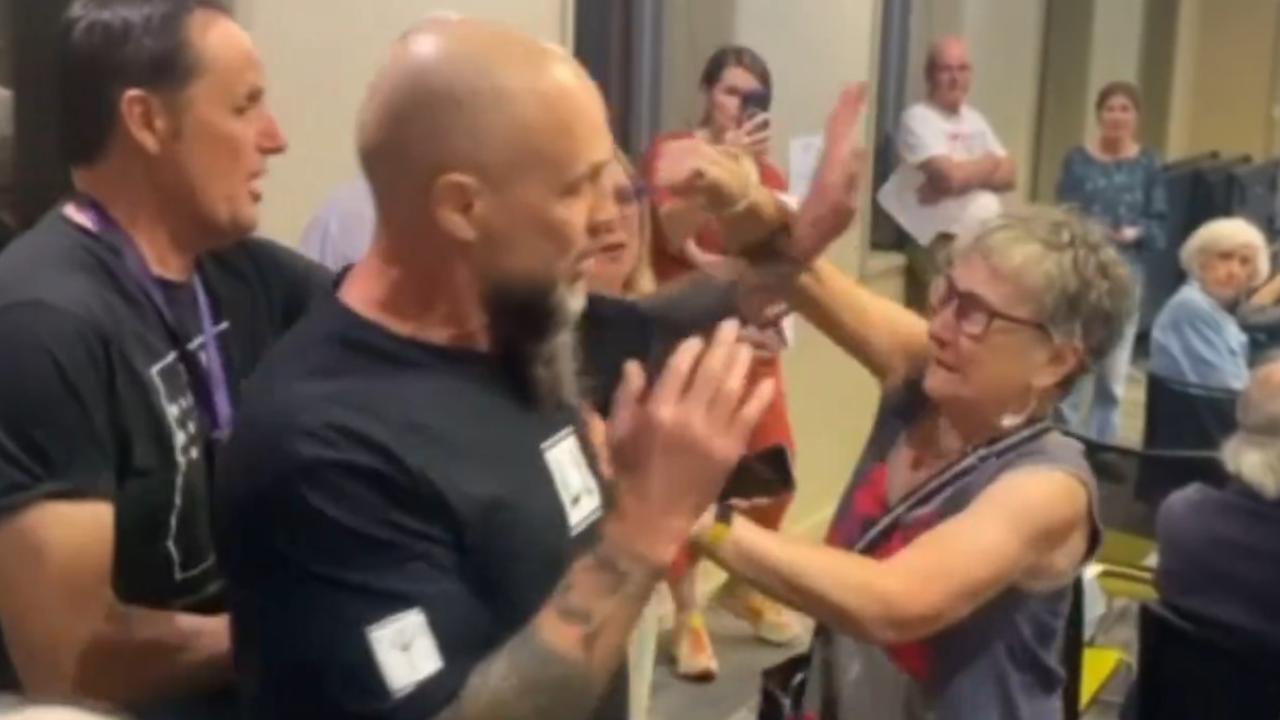Libs, Nats take electoral commission to court over public funding
A deal between the Liberals and Nationals to split public funding could “open the door” to corruption, a court heard on Monday.
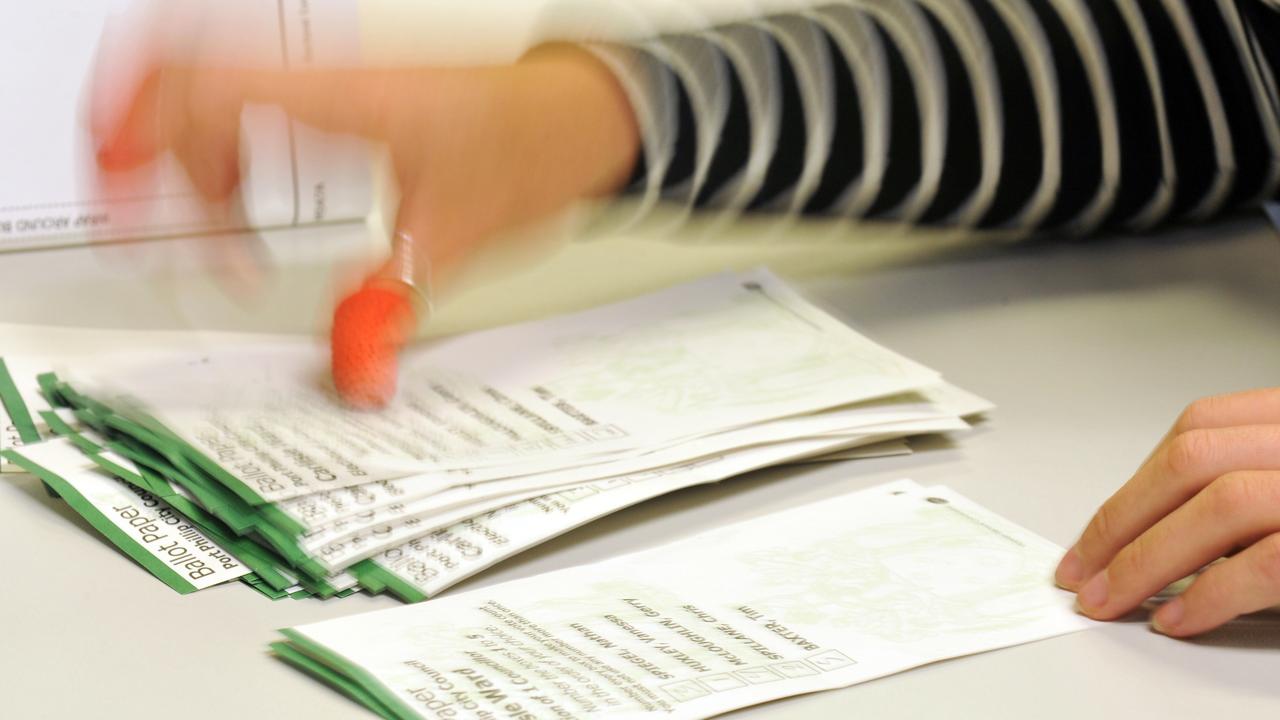
The Victorian Liberal and National parties have taken an electoral commission to court after it refused to comply with a funding agreement between them because it could “open the door” to corruption.
Allowing the Liberals and Nationals to decide their own split of public funding could lead to political groups buying candidates, lawyer acting for the Victorian Electoral Commission, Chris Horan QC, told the Victorian Supreme Court on Monday.
“A candidate could say, ‘I’ll join your group ticket if you pay me a million dollars’ – and that would be fine,” he said.
In 2008 the Victorian Liberals and Nationals made an agreement to share public funding for elections in a two-thirds/one-third split in three electoral regions of the Victorian Upper House, according to court documents.
The understanding was a Liberal candidate would be first place on the ticket and the National Party would not run candidates in other Legislative Council seats, the Coalition’s originating motion filed on behalf of National Party state director Matthew Harris and Liberal Party state director Sam McQuestin states.
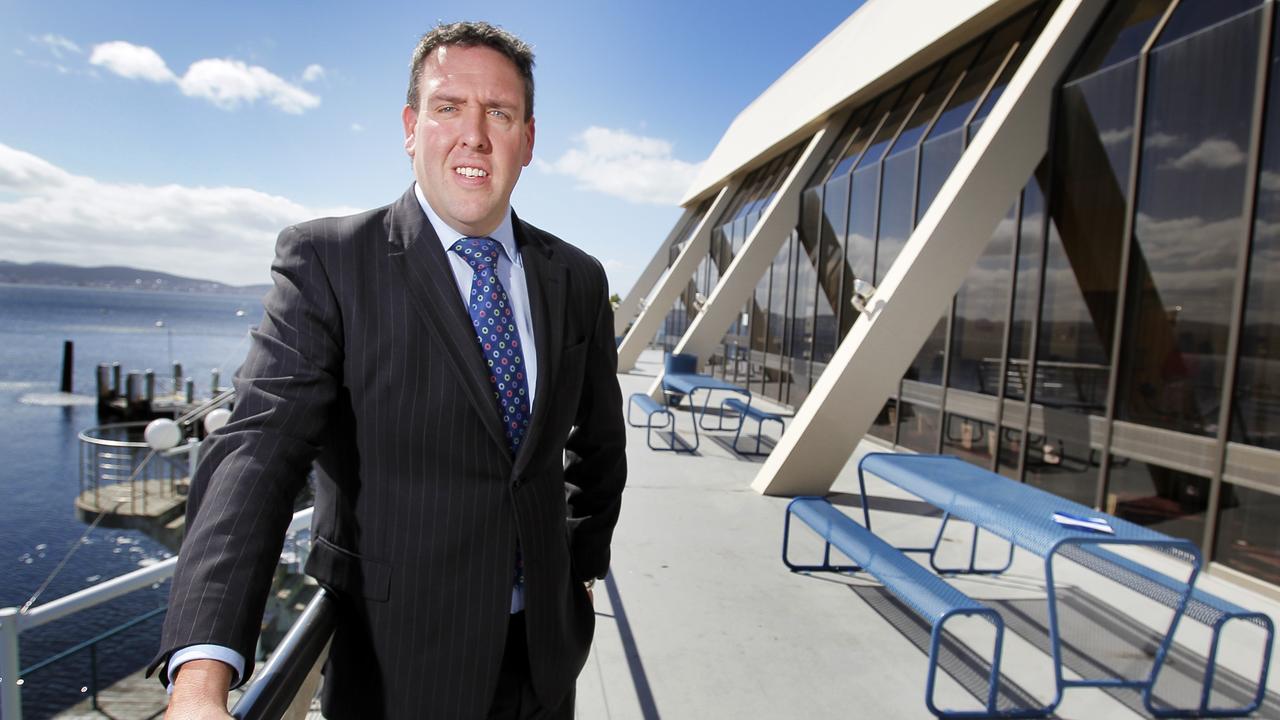
The VEC paid out public funding on those terms for the 2010 and 2014 elections but did not after the 2018 election because it was “compelled by law” not to, documents show.
Mr Horan said the central question was whether the money from the Liberals to the Nationals as part of the agreement could be considered a gift.
He said the VEC’s aim was “ensuring transparency”.
“One can’t open the door to these kinds of considerations being made for a payment,” he said.
He said candidates could potentially “buy out” other candidates or minor parties “in return for which they promised to share some of their entitlement”.
“Essentially, it would give rise to a potential, for example, for a candidate or party to run on a joint group ticket for any monetary payment,” he said.
But lawyer acting for the Coalition, Peter Hanks QC, said it was legal for political candidates and parties to form a group under the Electoral Act and the agreement was legal under those terms.
“(The agreement) does no violence to the electoral scheme,” he said.
“It is actively permitted by the Act that two political parties will do exactly what the two plaintiffs did here: come to an agreement on which they will stand on a group ticket.”
The public funding referred to is the about $45 million distributed by the VEC to parties and candidates to help them pay for their election campaigns, with candidates receiving $6 for each Legislative Assembly first preference vote and $3 for every Legislative Council first preference vote.
The amounts were set as part of a suite of state government changes to Victorian public funding for elections campaigns in 2018.
Justice Melinda Richards reserved her decision.

